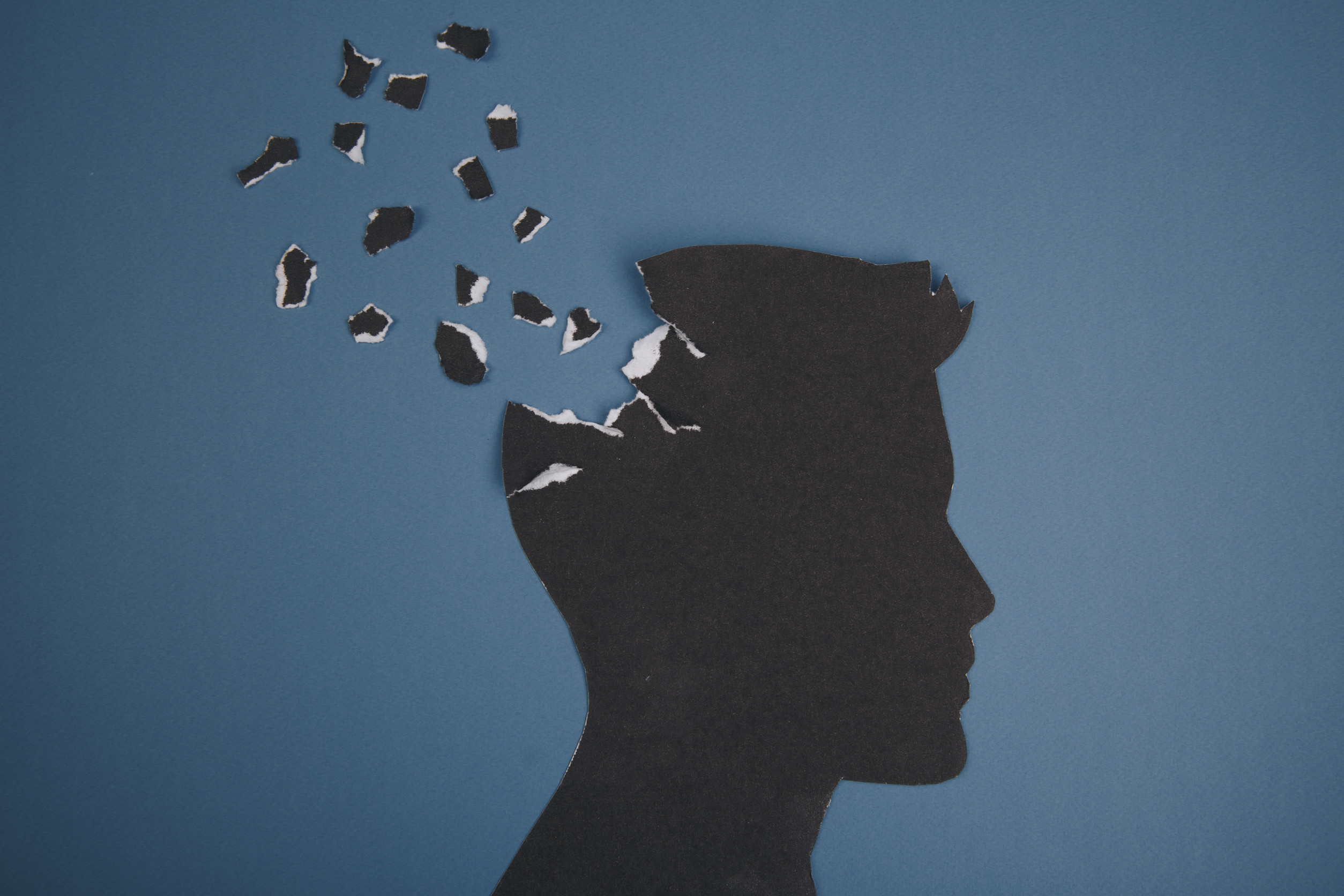Mental health advice is everywhere—books, podcasts, Instagram therapists, and late-night TikTok scrolls.
While much of it is helpful, some tips spark more debate than agreement. That’s because mental health isn’t a one-size-fits-all journey. What works for one person might feel counterproductive or even harmful to someone else.
1. Cutting Off “Toxic” People Without Explanation
The idea of removing toxic people from your life sounds empowering—and sometimes, it’s absolutely necessary. But the blanket advice to cut someone off without a conversation can oversimplify complex relationships. In some cases, what’s perceived as “toxic” may actually be a clash of communication styles or unresolved pain.
Critics argue that this approach promotes avoidance rather than growth or healing. Others feel it denies people a chance for accountability or reconciliation, making the situation more fragmented than resolved.
2. Putting Yourself First, Always
“Put yourself first” is meant to encourage boundaries and self-respect, but it can veer into selfishness if not practiced with empathy. Relationships often require compromise, and prioritizing yourself at all times can damage trust and connection.
Detractors worry this mindset can foster narcissism or emotional isolation if taken to the extreme. It’s a delicate balance—there’s a difference between self-care and self-centeredness. The real skill lies in knowing when to prioritize your needs without disregarding the needs of others.
3. Avoiding “Negative” Emotions
Many mental health influencers encourage people to “stay positive” or “raise their vibe,” often labeling emotions like anger, sadness, or jealousy as toxic. But repressing or avoiding these emotions can lead to emotional numbness and deeper internal conflict.
Psychologists emphasize the importance of feeling and processing all emotions—not just the comfortable ones. Negative emotions have value; they alert us to problems, boundaries, and unmet needs. The goal shouldn’t be emotional perfection but emotional fluency.
4. Medication Over Therapy (Or Vice Versa)
Some people swear by antidepressants or anxiety meds, while others insist that therapy is the only sustainable solution. But this black-and-white view ignores the nuance of individual mental health journeys.
Choosing medication or therapy—or both—is a personal decision that should ideally involve a professional. However, the controversy often arises when one camp dismisses the other’s path. Mental health treatment isn’t a moral issue; it’s about what genuinely helps someone feel better and function better.
5. Self-Diagnosing with Online Content
It’s become increasingly common for people to relate deeply to a post or video about ADHD, autism, anxiety, or depression and feel seen. In some cases, this leads to helpful exploration and eventually a professional diagnosis.
But others warn that self-diagnosing through social media can lead to misinformation or over-identifying with symptoms that aren’t clinically relevant. It’s a tightrope: validating people’s experiences without replacing clinical evaluations with TikTok scrolls. The debate isn’t about gatekeeping, but about the importance of accuracy and context.
6. Romanticizing the “Healing Journey”
“Your healing journey is beautiful,” they say—and for some, that’s true. But many people struggle with this overly aesthetic view of healing that suggests it should look serene, introspective, and Instagram-ready. Real healing is often messy, boring, repetitive, and filled with setbacks.
By romanticizing the process, we can create unrealistic expectations that leave people feeling like they’re doing it wrong. Mental health growth isn’t always photogenic—it’s often quiet, frustrating, and deeply personal.
7. Using Mental Health Labels as Identity
Identifying with a mental health diagnosis can be affirming—it helps people make sense of their experiences and feel less alone. But some critics argue that fusing your identity too closely with a diagnosis can become limiting.
When everything is filtered through a diagnostic lens, it might discourage people from exploring growth or change. It’s important to honor the role a diagnosis plays without letting it become the sole definition of who you are. Labels can guide, but they shouldn’t confine.
8. “Choosing” to Be Happy
On the surface, this advice is meant to empower—reminding us that mindset matters. But for many people with depression, anxiety, or trauma, it can feel dismissive or even cruel. Suggesting that happiness is simply a choice overlooks the biological, social, and psychological complexities that shape mood. While positivity has value, it shouldn’t become a weapon of denial. True support recognizes both agency and limitation—and never shames someone for struggling.
It’s Not Always Easy, But Worth It
Mental health is personal, layered, and often nonlinear. That’s why even well-intended advice can be controversial. What’s empowering for one person might feel invalidating to another. The key is to remain curious, compassionate, and open to different experiences—both your own and others’.
Have you heard (or lived) any mental health advice that didn’t sit right with you? Drop a comment below and share your thoughts.
Read More
These 6 “Harmless” Habits Are Mental Health Red Flags
12 Tech Habits That Are Damaging Your Mental Health



Leave a Reply